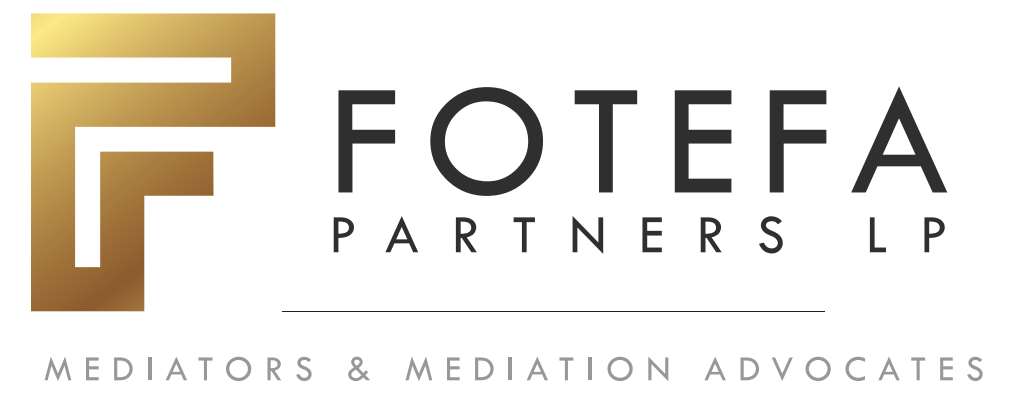Generally, there are certain things we know about mediation most of which are the features of any mediation process. They include the following; mediation is a private dispute resolution process, mediation is confidential, mediation allows parties to resolve their disputes themselves, the mediator is a neutral party, mediation is voluntary etc.
Nonetheless, there are certain facts about mediation that you probably did not know or that you may have misconceptions about. Below we will discuss 3 features of mediation practice in Nigeria and abroad that you most likely did not know about.
First, in the mediation process, you do not always have to settle. Often times, mediation is portrayed as an automatic way to settle disputes because of its flexibility and convenience. However, mediation primarily provides a good avenue to help parties start their journey towards negotiation even if the mediation fails. Mediation does not guarantee settlement because it is voluntary and parties may pull out at any time. Also if parties are unwilling to resolve the dispute or their counsels are making the process difficult, then mediation might fail because the mediator simply facilitates and cannot compel a settlement unlike a judge or an arbitrator.
Secondly, as opposed to popular opinion, mediation can be used for criminal matters. Through concepts like Victim-Offender Mediation(VOM) and Plea Bargaining, mediation proceedings can still be used to reach an amicable settlement without having to go through litigation. As opposed to the general knowledge that mediation cannot be used for criminal matters, it can, in fact, be a great tool for restorative justice in matters of simple offenses.
While VOM is still at a rudimentary level in Nigeria, in other countries like Australia, the U.K, the U.S.A etc, it is often well employed in their criminal justice system. Plea bargaining, on the other hand, is provided for in S.217 Administration of Criminal Justice Act 2015 and S.14(2) of the Economic and Financial Crimes Commission Act. It has been used in a number of high profile corruption cases involving people like former Governor Alamieyeseigha of Bayelsa State and former CEO of Oceanic Bank Mrs. Cecilia Ibru.
Lastly, there is a novel position in foreign jurisdictions which posits that a mediator can now also be brought as a witness during a trial. Following the well-known confidentiality/without prejudice feature of mediation proceedings, mediators cannot be called to give testimonies or any kind of information concerning facts received during the mediation process. This feature forms the basis of trust in the process.
However, very recently, in a case called, the farm assist case, the mediator who conducted the mediation proceedings was called to give testimony during trial. In this landmark case of Farm Assist Limited v. Secretary of State for Environment, Food, and Rural Affairs DEFRA (no.2) [2009] EWHC 1102 (TCC), the court refused to allow a mediator’s application to set aside a summons requiring her to give evidence regarding a mediation she conducted. The implication of this decision is to open up mediation to scrutiny. However, the court made clear that confidentiality in mediation belongs to the parties and they have the power to waive it and open up the mediation discussion to scrutiny.
In Nigeria however, the practice is still that mediators cannot be summoned to court to give testimony as a witness. All mediation proceedings are fully confidential.
We bet you didn’t know most of these things before now about mediation, now that you know, do share with lawyers, mediators and mediation advocates in your network!

